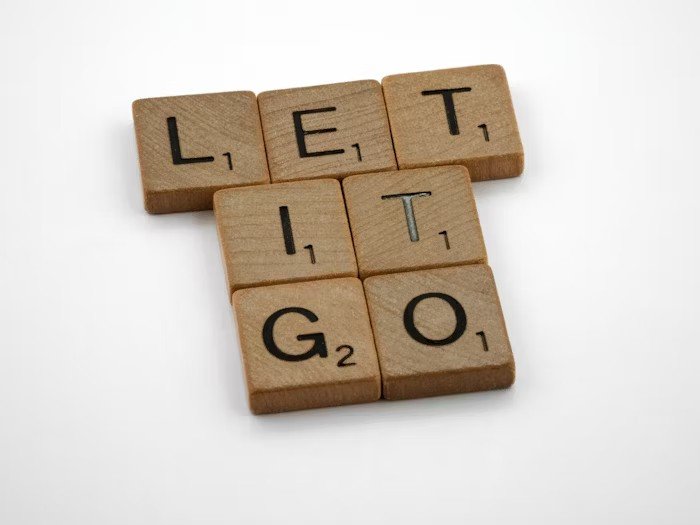Just let go
Forgiveness stands as one of humanity's most powerful yet challenging acts of grace. The ability to release the weight of past hurts, betrayals, or disappointments represents a profound gift - both to ourselves and to those who have wronged us. It's a journey that often requires tremendous courage and inner strength.
The act of letting go transcends simple pardoning of offenses. It involves a deep emotional and spiritual process of releasing the grip that past hurts hold on our hearts. While some wounds may seem too deep to heal, the very act of choosing forgiveness begins a transformative journey toward inner peace.
When we speak of forgiveness being a gift, we acknowledge its dual nature. For the one receiving forgiveness, it offers a chance at redemption, a fresh start, an opportunity to rebuild what was broken. For the one granting forgiveness, it provides liberation from the heavy chains of resentment and bitterness that often bind us to past pain.
Indeed, some transgressions feel impossible to forgive. Deep betrayals, irreparable losses, or intentional cruelty can create wounds that seem to defy the very concept of forgiveness. These are the moments when forgiveness reveals itself not as a single act, but as a gradual process of healing and releasing.
The difficulty in letting go often stems from our natural instinct to protect ourselves from further hurt. We might hold onto anger or resentment as a shield, believing these emotions will prevent future pain. Yet, carrying this emotional burden usually hurts us more than those who wronged us.
Forgiveness doesn't always mean reconciliation or forgetting what happened. Sometimes, it simply means choosing to release the power that past events hold over our present peace. It's about freeing ourselves from the prison of bitterness, even if the relationship cannot be restored.
The process of forgiveness often begins with acknowledgment - recognizing both the pain we've experienced and our right to feel hurt. From there, we can gradually move toward understanding, not necessarily of the act itself, but of our own need for peace and healing.
Those who master the art of forgiveness often find themselves experiencing unexpected benefits. Reduced stress, improved mental health, better relationships, and a lighter spirit commonly accompany the practice of letting go. The gift of forgiveness, in this way, returns to bless the giver.
Sometimes the hardest person to forgive is ourselves. Self-forgiveness requires particular courage, as we must face our own imperfections and mistakes with compassion rather than condemnation. Yet this too is essential for personal growth and healing.
The impact of genuine forgiveness ripples outward, affecting not just the individuals directly involved but entire families and communities. When we choose to forgive, we break cycles of resentment and retaliation that might otherwise continue for generations.
While forgiveness may be difficult, even seemingly impossible at times, its potential to transform lives makes it worth pursuing. Each step toward letting go, no matter how small, moves us closer to the freedom and peace that forgiveness promises.
As we navigate the complex journey of forgiveness, we must remember that it's often a gradual process rather than a sudden decision. Some hurts may take longer to release than others, and that's perfectly normal. The key lies in remaining open to the possibility of forgiveness, even when it seems most challenging.
Thank you for reading my post
This is the response to HiveGhana prompt.
